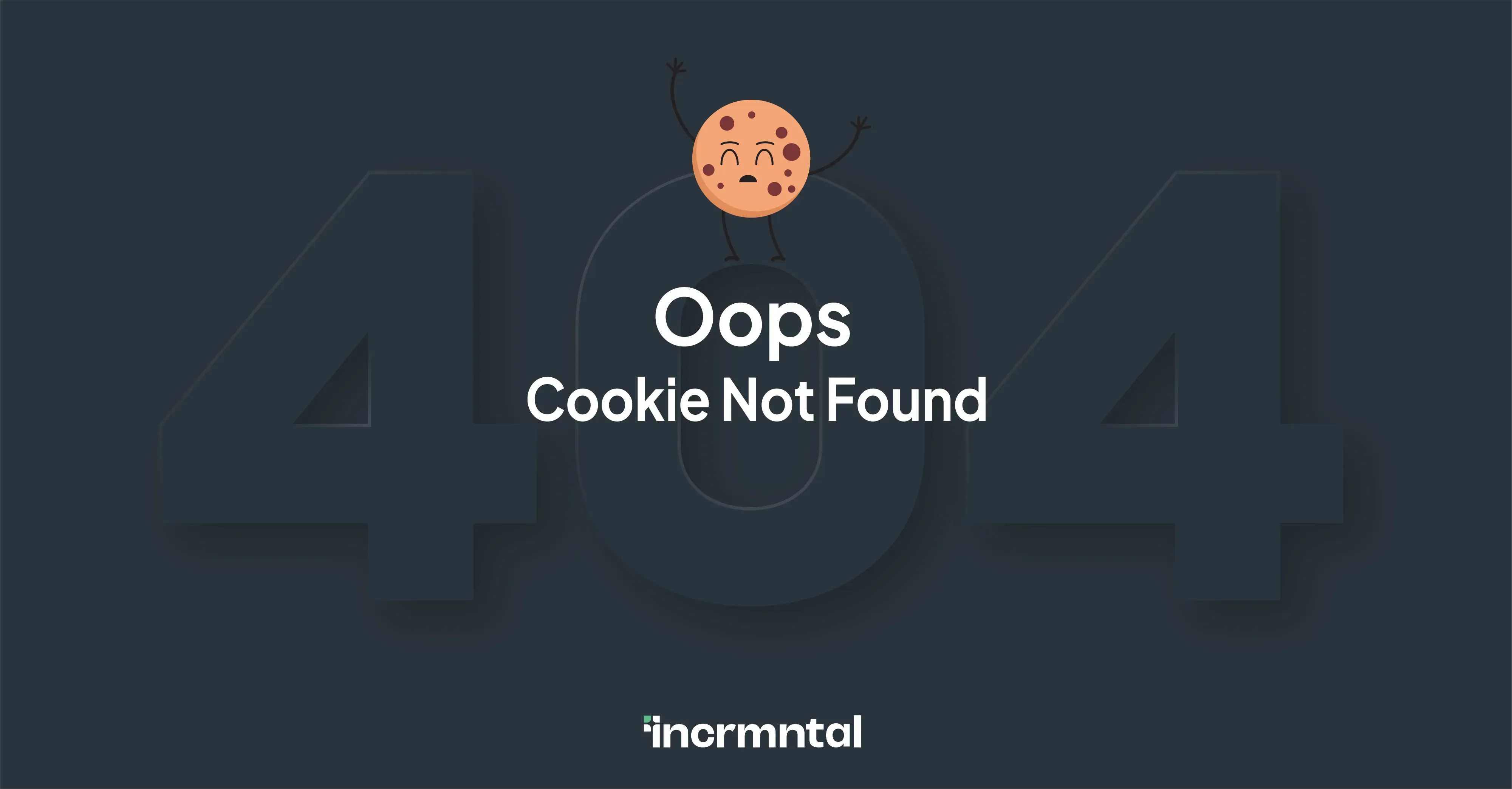Platform
Use Cases
Many Possibilities. One Platform.
AI and Automation
The Always-on Incrementality Platform
Solutions
Teams
Built for your whole team.
Industries
Trusted by all verticals.
Mediums
Measure any type of ad spend
Use Cases
Many Possibilities. One Platform.
AI and Automation
The Always-on Incrementality Platform
Teams
Built for your whole team.
Industries
Trusted by all verticals.
Mediums
Measure any type of ad spend

Let’s put things on the table: The marketing community, and the adtech industry as a whole has NOT been happy about the privacy changes. Losing access to user level data forced changes on both the Advertisers as well as the ad platforms. Nobody likes change.
When Apple announced “App Tracking Transparency”, Advertisers rallied and got Apple to push the change by several months, allowing time for preparation.
But once ATT was deployed, it triggered a massive ripple effect causing giants like Meta, Snapchat, TikTok, and others to lose much of their targeting and attribution abilities and report lower revenues.
Following the first shock, most of the players that had initially “lost” developed new ways to handle targeting and attribution, and now, over two years later, most would agree that App Tracking Transparency has been beneficial for both marketers and publishers.
Privacy changes feel painful, as our industry was built on the false prophecy that “everything is trackable”, making it almost “addicted” to unlimited access to user level data.
A great example of how painful the change is, is the coming changes surrounding Cookies.
Use of Cookies has been one of the most controversial topics since the dawn of the modern age internet. Using a technical “loophole”, which essentially became a global standard, ad platforms have used cookies to track users journey, and ad engagement for the past twenty years.
But over the last years, cookies have been dying off. Mozilla Firefox, as well as Apple Safari have long ago banned the ability of dropping 3rd party cookies to track users. It was Google’s Chrome that took the longest to do the same.
While Firefox was built on the foundation of privacy, and Apple has been adamant on the topic already – Google had their own interests, which may not have been to eliminate cookies without offering ad platforms with a solution for tracking.
Google was set to begin the deprecation of the Cookie during 2024, reaching a point where Cookies are fully eliminated by the end of the year.
But after years in the making, testing, announcements, and multiple postponements – Google started deprecating the cookie by turning off 3rd party cookie support for 1% of Chrome users, selected at random.
Within only a month of Google starting to deprecate cookies there were already opposition and withdrawal symptoms.
The CMA (Competition and Markets Authority) is attempting to block Google’s deprecation of 3rd party Cookies as being “anti-competitive”. Even if cookies were blocked by every other browser.
The CMA is trying to act in the benefit of the adtech industry, claiming that Google’s deprecating the cookie will benefit (who else but…) Google. While independent ad platforms rely on cookies and 3rd party data, Google has more 1st party data than any advertising platform in history, giving Google an unfair advantage.
And if I’m being honest - they are probably correct.
But attempting to stop the privacy moves by blaming Google, is equivalent to trying to slow down time by pulling the batteries from a clock, blaming the clock to be biased. 
The first stage of acceptance is admitting.
While we now know that App Tracking Transparency opt in rates are within the 10-20% range, Over 30% of users had already opted out of IDFA tracking before Apple announced App Tracking Transparency.
The situation on web browsers is very similar, as while writing these lines, we know that over 30% of users today reject cookies, when offered a choice, it’s not hard to understand that user level data is already skewed causing reporting, attribution, and tracking to be inaccurate.
The actual deprecation of cookies may take longer than expected, but that doesn’t matter, as today’s acceptance rates are dropping as users become more aware, and publishers must offer users with a choice.
While “70% acceptance rate” sounds reasonable, or even “good enough” for tracking, what many seem to be forgetting is that dual consent is required for things like marketing attribution. This means that a user needs to opt in on both the publisher website, as well as the Advertiser website, to be tracked.
70% x 70% = 49% overlap. That is not accurate.
Given this such low match rates, marketers have been forced to move towards probabilistic methods to measure marketing (such as INCRMNTAL!); and ad platforms have developed new campaign types (Facebook’s Advantage+, Google PMAX) to drive performance using probabilistic attribution using their own 1st party data.
These low match rates are also why it is our opinion that the official cookie deprecation date does not actually matter anymore. The cookie is already deprecated, in all ways that actually matter.

Maor is the CEO & Co-Founder at INCRMNTAL. With over 20 years of experience in the adtech and marketing technology space, Maor is well known as a thought leader in the areas of marketing measurement. Previously acting as Managing Director International at inneractive (acquired by Fyber), and as CEO at Applift (acquired by MGI/Verve Group)